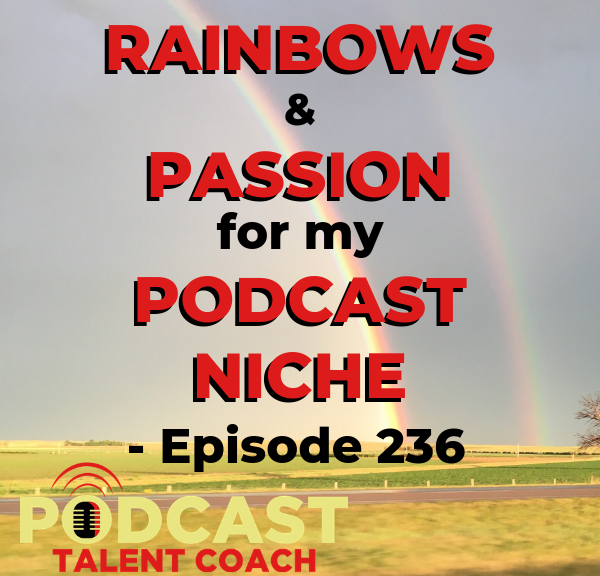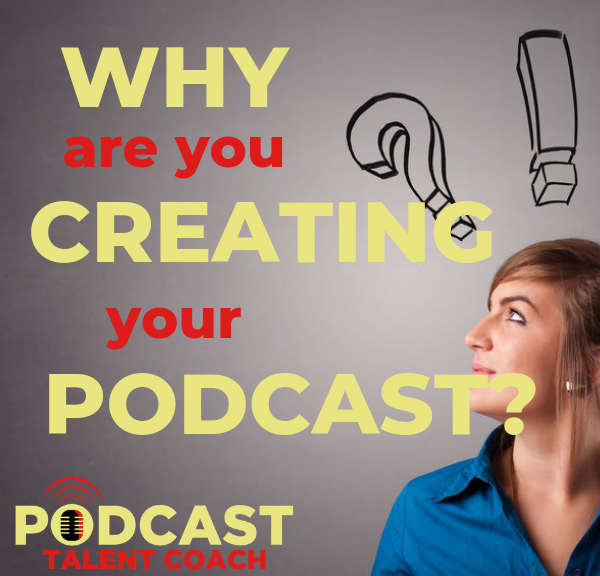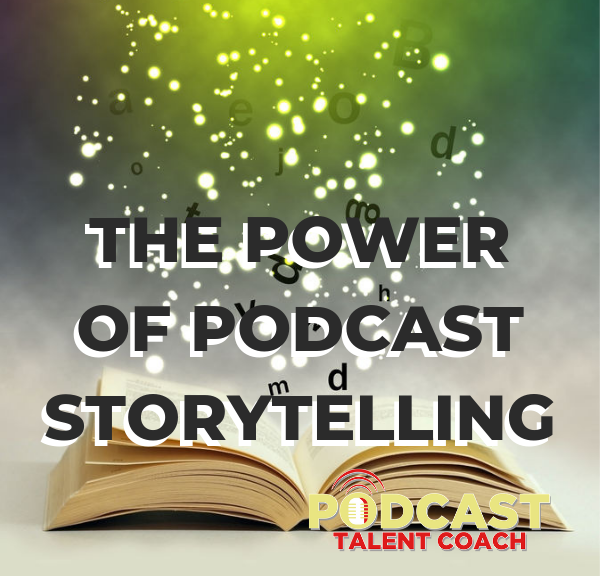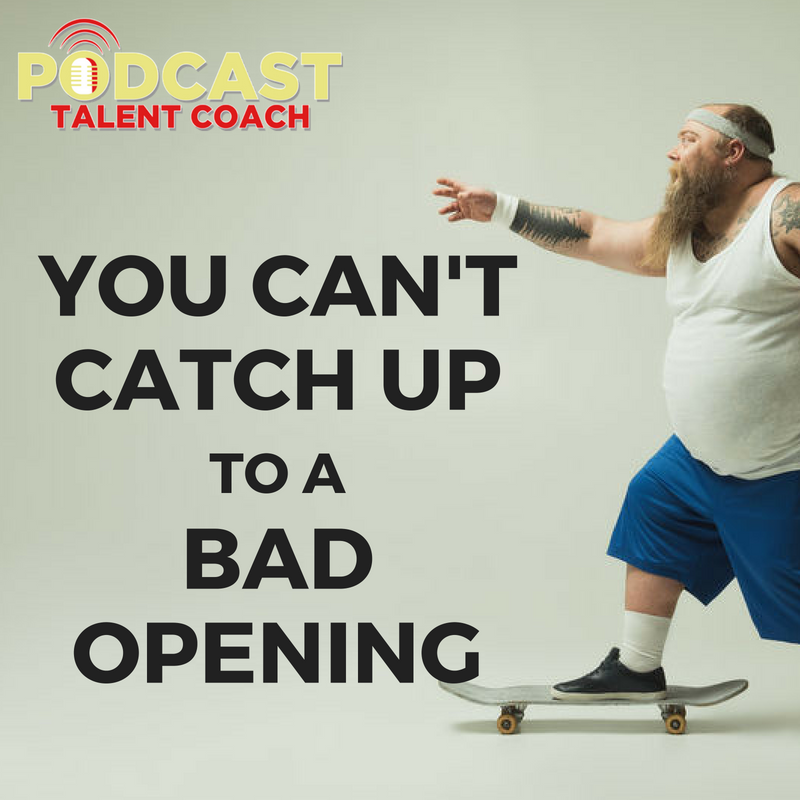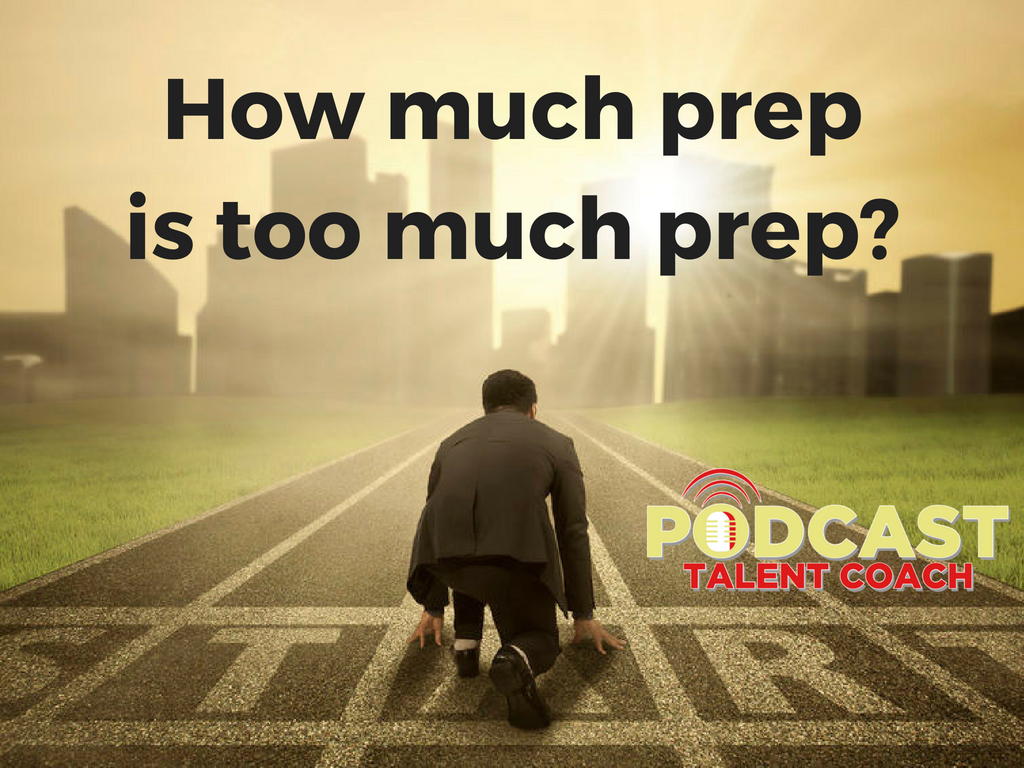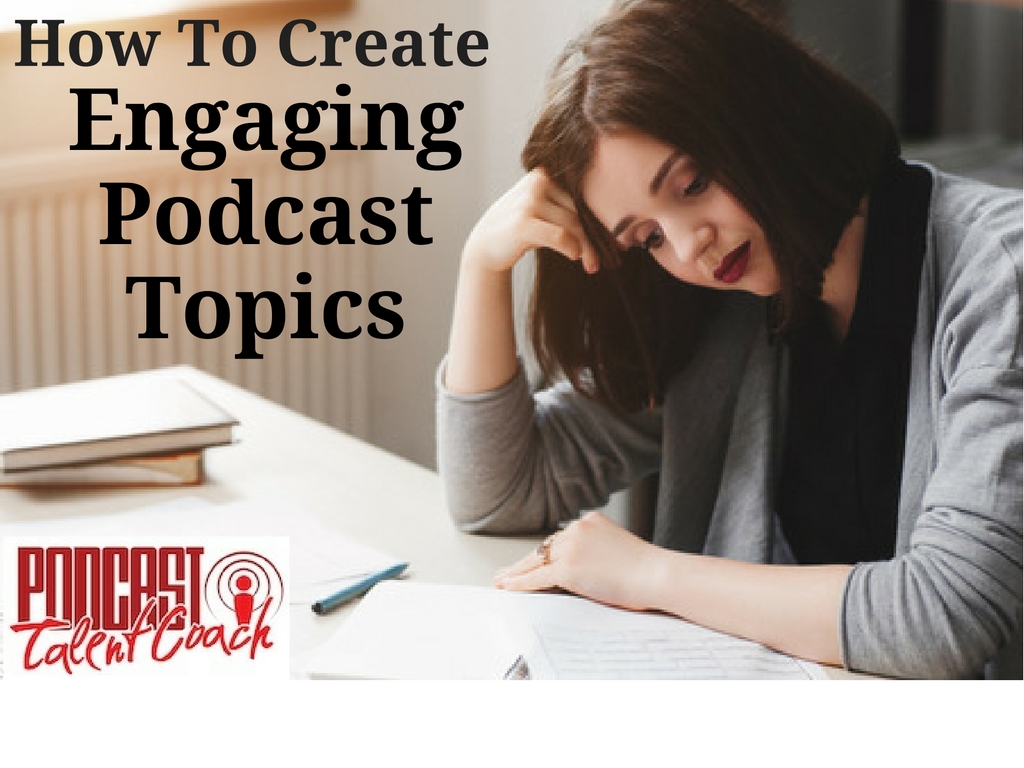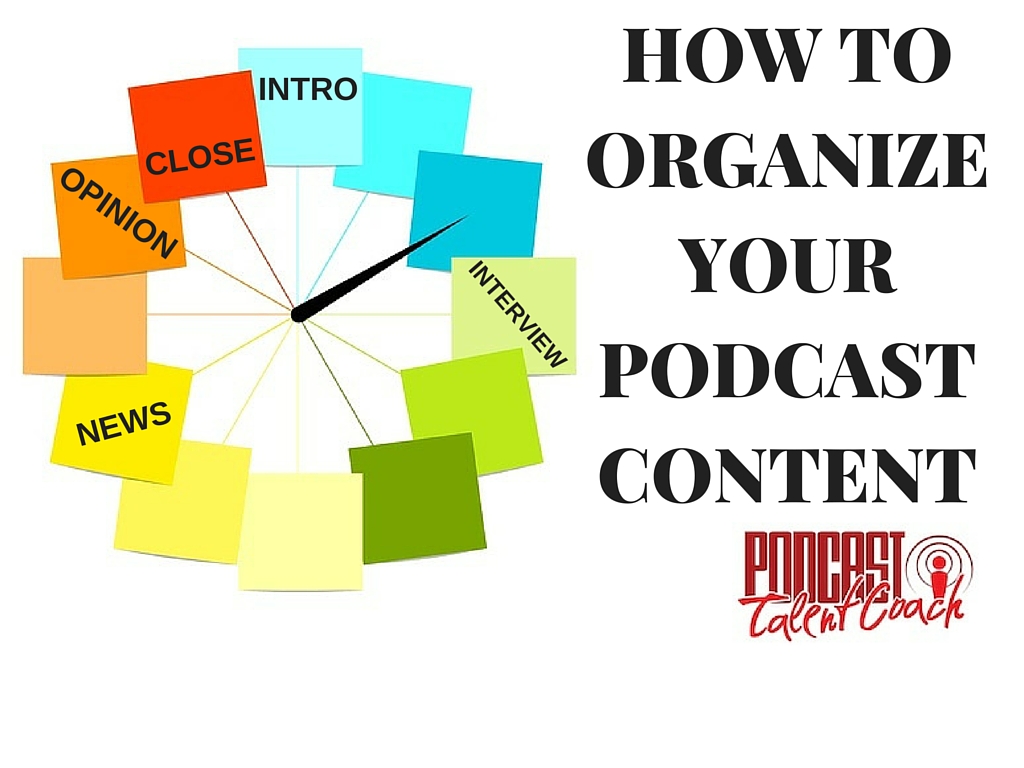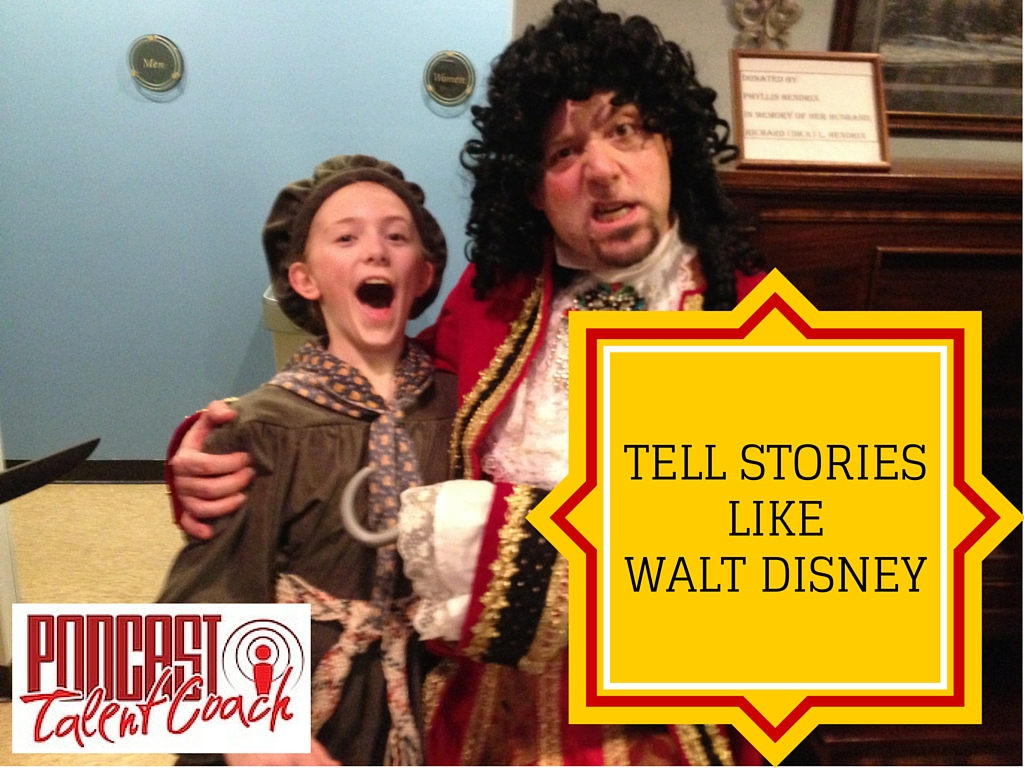Podcast: Play in new window | Download
Subscribe: RSS
Do you ever struggle coming up with podcast content ideas or run into a sort of writer’s block when you’re asking, “What am I going to podcast about today?” There are ideas all around you. It is simply a matter of knowing where to look and to turn ideas into topics.
Struggling with content ideas isn’t uncommon. I received a couple questions over the past couple weeks from podcasters looking for solutions to this very problem.
Here is the first: “How can I learn how to have a format that lends itself to longevity and making consistent content long-term? When creating a solo podcast, it is all dependent on the host to deliver something compelling that people want to keep coming back for. Absent listeners sending questions, the interview model is the only one I can think of that won’t kill me trying to create content for it each week.”
The second says, “I would really like to learn how to create content that will keep listeners returning. I haven’t started yet, and I’m worried of running out of ideas or guests to interview, or that listeners will get bored and not listen anymore.”
To find great podcast content ideas, you need to learn to be curious. Then you need to develop the habit of taking note of the things that you find interesting.
TAKE NOTICE
Be aware of your surroundings.
There are content ideas all around you. Don’t limit yourself to your niche. You can find topics in every walk of like.
For instance, I was watching my son at a ice hockey goalie camp the other day. The goalies were split into different groups according to their age.
There was this little goalie there that was probably 7. He was decked out in a custom helmet that was painted orange and black like tiger stripes. This little guy was probably all of three-and-a-half feet tall. He was awesome.
As I was watching him learn, I realized he was still trying to master the basics. He need to get a handle on the foundation of his crease movement, his skating and his angles. I remembered when my son was that age. What great memories.
That got me thinking about podcasters. What are the basics a podcaster needs to learn to build a foundation for their show? This could be the ideal target listener, the show structure, proper show prep and content creation. This could easily be a podcast episode for me.
I could talk about getting started or equipment you need to start or finding the right coach to teach you what you don’t know or how great gear doesn’t make you great or the 3 things I forgot I didn’t know or how to enjoy the journey.
I just took a 7-year-old playing hockey and turned it into 7 topics for my podcast about podcasting just by being aware and taking notice.
CURIOUS
Be curious. Notice of the things that happen in life. Take note when something makes you say, “Hmmm, that’s interesting.”
Take notes of the things that pique your interest. When things catch your attention, you need to write it down. Put it on your phone or on a pad or in a notebook. Create a system.
Then when it is time to create an episode, you can go to your notes. Pick one of the interesting things and brainstorm how that one idea can become a podcast topic.
If it is interesting to you, it will be interesting to your audience. The key to becoming interesting is to be truly interested.
WHERE TO FIND IT
You can find topics and podcast content ideas anywhere. You only need to be aware of what is happening around you.
Find ideas in content that you read, watch or hear. Again, this media doesn’t need to be in your niche. It can be any topic. Find the things that you find interesting. Be curious.
Look for questions that are asked on social media. These questions can easily be transformed into questions for your niche.
In one of the hockey Facebook groups I am in, someone asked, “How can I get my son noticed by college coaches?” This can easily become a podcast episode for me. I could use “How to get interviewed on big podcasts”, “How to get opportunities to speak on stage” or “Where to find partners to help you grow your business”.
As you can see, the last one really doesn’t have much to do with the original questions. I went from “How can I get my son noticed by college coaches” to “Where to find partners to help you grow your business”.
The root of the idea doesn’t matter. It only matters that I have developed a podcast content idea that interests me and will also interest my audience.
COLLABORATE
In fact, if you want great partners to help you grow your business, you need to check out Collaborate. It is an amazing event coming up with 500 online coaches, authors, and entrepreneurs in all niches looking for partners.
It happens July 9-11, 2020. http://podcasttalentcoach.com/collaborate
The last time I was part of an event like this, I connected with 40 different potential partners and networking is NOT my strong suit. I hate “networking” at conferences. This event makes it easy and dummy-proof. They basically give you the script to connect with others.
In that event, there were experts in all areas, including natural health, finance, marketing, online business, writing, leadership, mind & body, real estate, holistic medicine, life coaching, yoga, fitness, public speaking, YouTube, photography, music and more.
Take a look at it at www.PodcastTalentCoach.com/collaborate. It will be a great, virtual event that will allow you to connect with a ton of experts in your niche.
All of that just came from “How can I get my son noticed by college coaches”.
USE THE SEARCH OF OTHERS
You can find great ideas by searching suggestions.
In Google, start typing a phrase. Google will suggest possible searches for you. This will give you great ideas.
I started typing, “How to make”. Google suggested a bunch if possibilities. One was “How to make French toast.” One of my kids probably searched that the other day. Not sure, but it doesn’t matter.
What can I do with “How to make French toast”?
Take your suggestions, and turn one idea into 3.
I could turn “How to make French toast” into “How to make a strong podcast intro”, “How to make your voice sound stronger” or “How to make homemade sound baffles”.
Google suggestions are great when trying to come up with various podcast content ideas. Let the tool do the work for you.
TURN IT INTO 3
Turning each idea into three will help you create the best idea. If you simply go with the first idea, you won’t know what is possible.
When I used “How can I get my son noticed by college coaches”, the first idea I came up with was “How to get interviewed on big podcasts”.
Sure, that’s a decent topic idea. However, it is something I’ve done in the past. It is also something others have discussed as well.
By pushing to 3 ideas, I came up with “Where to find partners to help you grow your business”. It wasn’t a direct line from college coaches to podcast partners. But it is a much stronger topic with a great call-to-action.
FIND THE STRONGEST TOPIC
When you expand to 3 ideas, you get three steps away from the original starting point. There is much better chance you can find something strong.
I found the podcast question, “What are the pros and cons of using seasons for my podcast?” This could be turned into “What are the pros and cons of incorporating chit chat between hosts at the beginning of our show?”, “What are the benefits and drawbacks of using a mixer?” and “When should I use the outtake audio at the beginning of my show before the regular intro plays?”
How does “seasons” relate to “outtake audio”? It doesn’t. And, it doesn’t matter. I have a solid podcast content idea and that is the point.
Turn each idea into three and find the best.
There are ideas all around you. It is simply a matter of knowing where to look, taking note of the things that make your curious, and turning ideas into various topics. Develop the habit of taking note of the things that you find interesting.
Find great podcast content ideas this week and have fun developing unique and interesting episodes for your listeners.
You can find my podcast and other tools to help you create great content at www.PodcastTalentCoach.com.
Let’s turn your information into engaging entertainment.


